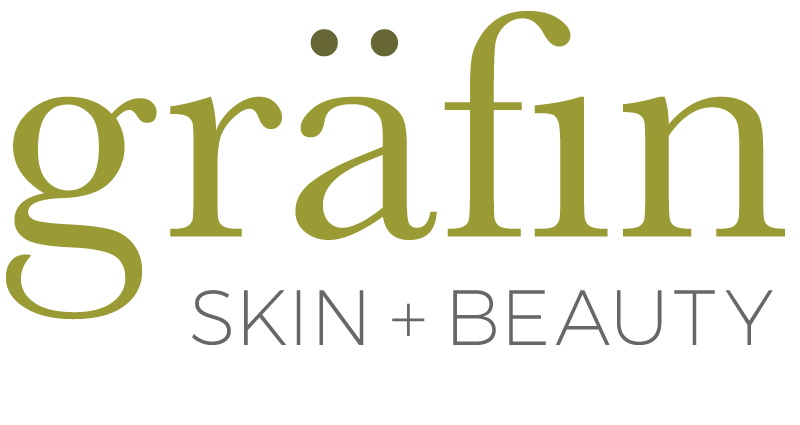A new concern: How to deal with skincare issues arising from the use of protective face masks

Unless your healthcare worker, or have a career where social distancing is impossible, you may not have had to deal with some of the skincare issues that come up with the regular use of a face mask. Things that I see with daily use of face masks include sensitivity, excessive breakouts, and ultimately having to deal with dark spots from the other two issues.
Let's look at some of the concerns with sensitivity. Most of us are not used to having something over our mouth, and the friction from talking under a mask can cause hotspots in areas that we usually wouldn't. Face masks cover half of the face, so we are looking at a considerable section of the skin that will be affected by it.
What are our masks made of, and how do we clean them?
Not all of the masks we are using for COVID-19 protection are regulated or made in a typical fashion; many of us have panicked and ordered handmade masks from friends and family or ordered reusable masks from questionable sources. We don't know what these masks having made from, so there may be more irritants in the fabrics.
We also want to make sure that we are washing our masks frequently so that the dirt and bacteria from our mouth are not being re-introduced to our skin every time we use it. Make sure you were not using fabric softeners as they are known for clogging pores and causing breakouts and allergic reactions.
A few ingredients to avoid when wearing a mask:
Sensitivity and acne from mask use
Sensitivity not only causes redness, but it can activate other processes in the skin, which can aggravate acne and lead to post breakout darkening and scaring. When you're using a mask, you are heating the skin with moist breath from your mouth which is full of bacteria. The longer you wear a mask, the more you are exposing your skin to bacteria.
It is essential to consider what active ingredients in your skincare when you are wearing a mask. Many skincare products become stronger under moist-heat or occluded (covered directly or indirectly), leading to irritation and breakouts. An excellent example of this is diaper rash.
Some of the solutions that we have come up with to treat skin that has had issues from the use of facial masks are:
- If you are using a washable mask, do not use fabric softener and make sure you were using a detergent for sensitive skin that does not contain perfumes or dyes
- Wash your facial masks often do not reuse them day after day
- cutting down on the extra pollutants by not wearing lipstick and makeup
- Just like your hands, you were going to want to wash your face when you get home
- If you are not in a position to be able to clean your face, at least spray your skin with an antimicrobial treating lotion, like Puractive Treating Mist from GM Collin.
- Treat your skin during this time as though it is sensitive and be cautious on how much you use exfoliants and acid-based cleansers
- If you tend to break out, I highly recommend treating your skin with Essential Oil Complex from GM Collin under your serum's and moisturizers to give yourself an added layer of protection from the bacteria in your mouth.
